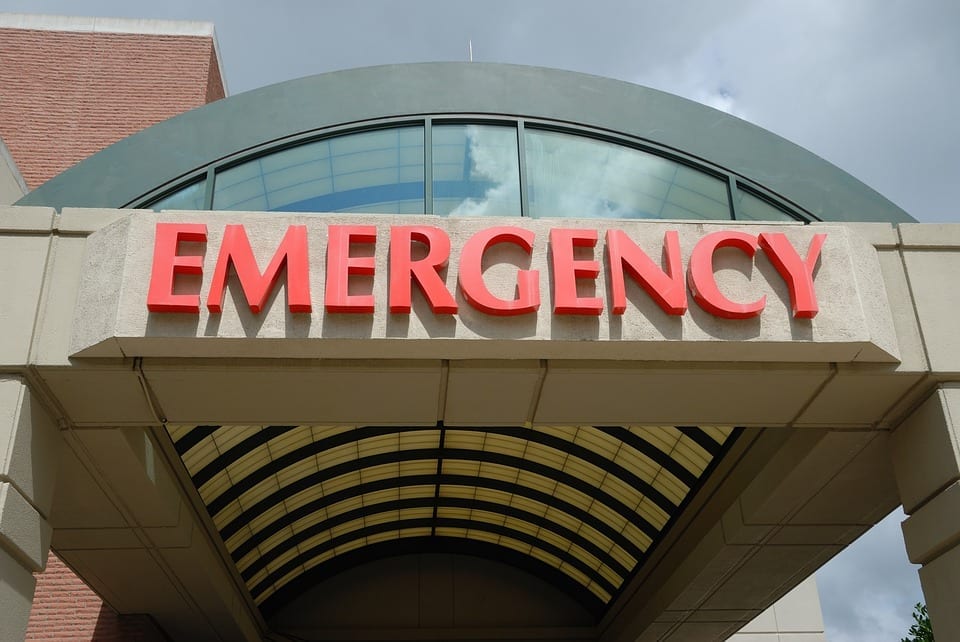Medication errors such as wrong medication doses or ignoring allergies can cause severe health issues and can even be fatal.
When you or a loved one rushes to the emergency room, you expect quick, effective care. But, like any medical facility, the emergency room or ER isn’t error-proof. Let’s discuss some common errors that occur in ER and what you can do if you’re in such a situation.
Misdiagnosis or Delayed Diagnosis
In the chaos, quick decisions can lead to misdiagnosis or delayed diagnosis. Misdiagnosis is when they identify a condition wrongly, while delayed diagnosis means not spotting a severe condition in time.
Wrong Medications
Giving the right medication in the right dose can be tough during emergencies. Medication errors such as wrong medication doses or ignoring allergies can cause severe health issues and can even be fatal.
Errors in Surgery
Sometimes, surgery is needed in the ER, but haste or miscommunication can lead to errors. This may involve operating on the wrong patient or body part, leaving stuff inside, or closing incisions wrong.
Not Getting Permission to Proceed
Patients must know the risks and benefits of any procedure. But in the chaos, providers may fail to get proper informed consent before proceeding with treating a patient, which can have legal consequences, especially if complications occur.
Premature Hospital Discharge
In overcrowded hospitals, it’s common for them to send patients home too soon without proper evaluation. As a result, patients experience missed diagnoses or inadequate treatment.
Privacy Violation
Violation can happen if healthcare providers discuss your condition in public, share info without consent, or don’t secure records properly.
What to Do If You Suspect ER Malpractice
- Seek Immediate Medical Attention: If you suspect issues due to ER malpractice, prioritize your well-being and seek medical help.
- Document Everything: Keep detailed records of your treatment that include dates, names, and descriptions of the treatment. Take photos of any visible problems.
- Consult an Attorney: Reach out to a medical malpractice attorney for advice and evidence gathering.
- Request Your Medical Records: You have the right to access your medical records, so request them to support your case. Don’t tamper with any evidence, like medical bills or communication.
Understanding the Legal Process

Here are the steps that are included in any legal case.
- Filing a Lawsuit: Your attorney will help you file a lawsuit against the responsible parties. This may include the hospital, individual healthcare providers, or both, depending on the circumstances.
- Discovery: During this phase, both parties gather evidence to support their claims. Your attorney will work to uncover medical records, witness testimonies, and expert opinions to strengthen your case.
- Negotiation and Settlement: In many cases handled by specialized medical malpractice lawyers in Louisville, the defendant’s legal team may approach you with a settlement offer to avoid going to trial. Your attorney will advise you on whether to accept or negotiate for a more favorable settlement.
- Trial: If a settlement cannot be reached, your case will proceed to trial. In the trial, both sides need to present their arguments. After that, a judge or jury will make a final decision.
- Appeals: Depending on the trial outcome, either party may choose to appeal the decision. This process can extend the legal proceedings.
- Compensation: If your case is successful, you may be entitled to compensation. You can use it to cover medical expenses and lost income.
Bottom Line
If you’ve suffered from emergency room malpractice, you need to get help from legal professionals. They will help you get the best treatment and compensation for any loss you have faced.


Join the conversation!